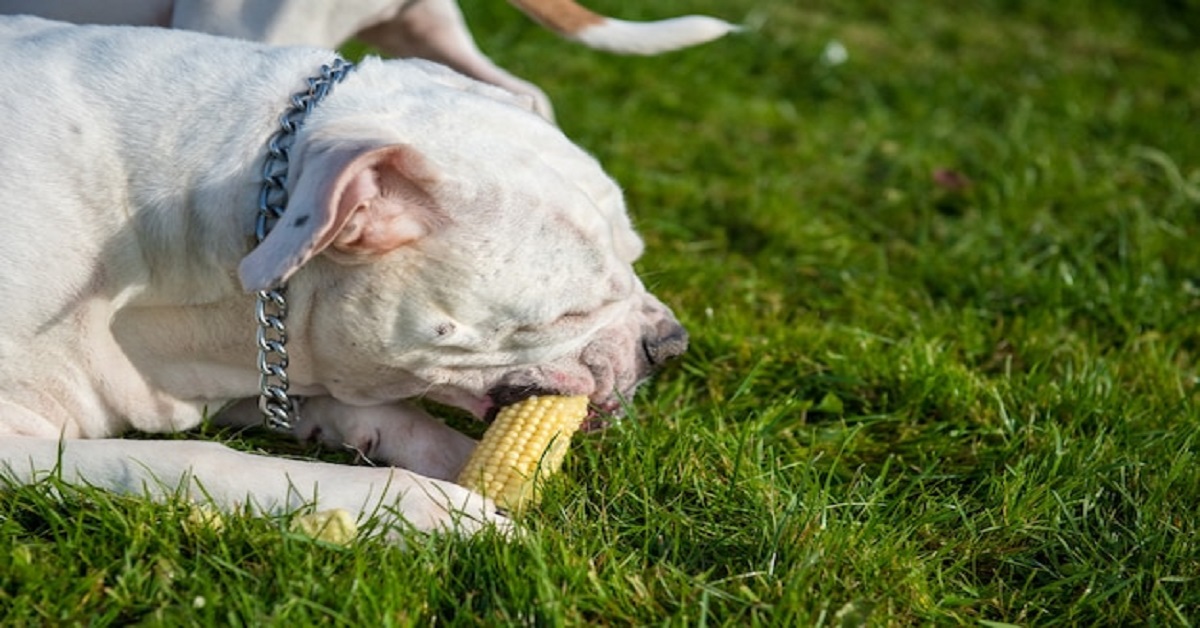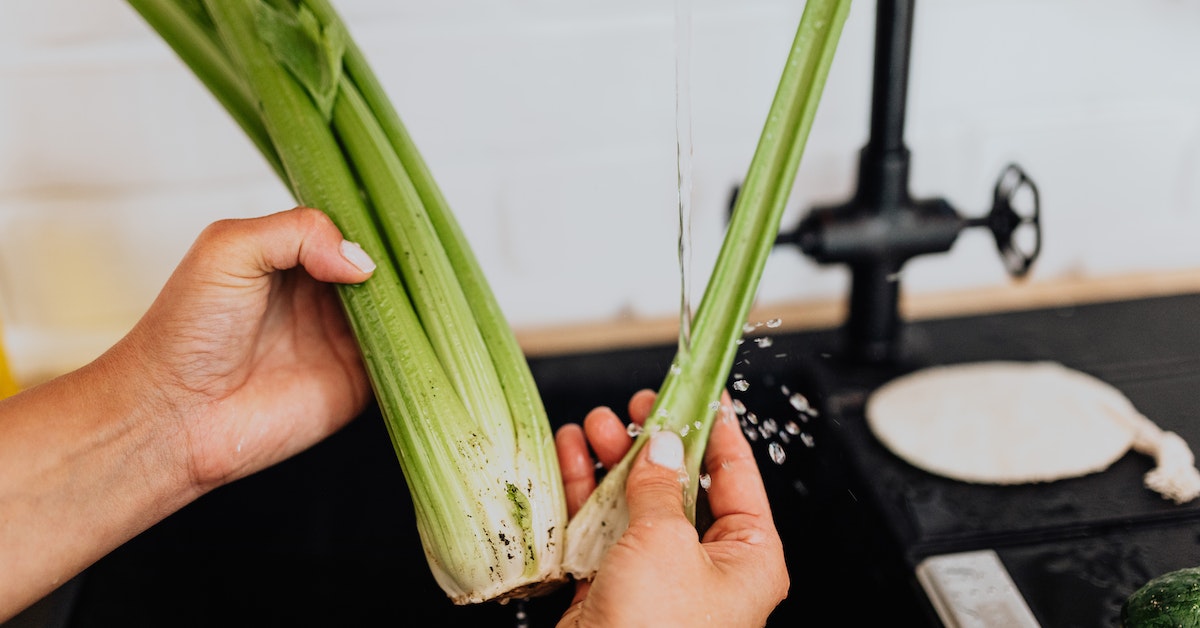Dogs enjoy a variety of tasty foods, from the most common peanut butter to more exotic treats such as sweet potato or seaweed.
While these foods are safe for dogs in general, some can pose risks.
Can dogs eat mushrooms? In general, dogs should not eat any type of mushroom.
Most types of mushrooms are poisonous to dogs and can cause serious illness or even death if consumed.
However, there are a few exceptions that may be suitable as a treat on occasion.
If you think your dog will enjoy eating a mushroom (or perhaps you have another reason to introduce one), some species may be permissible.
Read on to learn more about whether dogs should eat mushrooms and which ones are safe to feed them…
Which Mushrooms Are Safe For Dogs to Eat?
Some mushrooms are safe for dogs to eat. However, it’s important to note that these are not the same types of mushrooms that are safe for humans to eat.
In general, safe dog-friendly mushrooms come from the Agaricus family, including the white button mushroom and the portobello mushroom.
Both are widely available in grocery stores, so they are easy to find and safe to feed to dogs.
White button mushrooms contain a low level of vitamin D, a trace amount of niacin, and low levels of potassium and sodium.
They also contain a moderate amount of carbohydrates, which is great for dogs that need to lose weight.
Portobello mushrooms contain a moderate amount of vitamin B6, a trace amount of riboflavin, and small amounts of niacin, pantothenic acid, and potassium. They also have a low level of carbohydrates.
Which Mushrooms Are Toxic To Dogs?
Several different mushrooms are toxic to dogs. Some of the most common mushrooms that are toxic to dogs are
– Amanita mushrooms: These contain a neurotoxin called amanitin that can cause vomiting, diarrhoea, abdominal pain, liver damage, abnormal heart rhythm, seizures, and death.
– Bleeding mushrooms: These mushrooms contain hemolytic toxins that cause gastrointestinal bleeding and liver damage.
– Death cap mushrooms: These contain a toxin called orellanine that can cause liver damage, gastrointestinal distress, and death.
– Inky cap mushrooms: These contain the toxin muscarine, which is a natural plant chemical that can cause gastrointestinal distress, including vomiting and diarrhoea, as well as decreased heart rate.
– Parasol mushrooms: These contain a toxin that causes gastrointestinal distress and heart problems.
Should You Ever Feed Your Dog A Mushroom?
In general, it would be best to avoid feeding dogs mushrooms of any type.
There are very few mushrooms that are safe for dogs to eat, and it’s not clear whether any of these mushrooms have beneficial effects on a dog’s health.
Instead, you should focus on feeding your dog a balanced diet that contains all the vitamins, minerals, and other nutrients that a growing, healthy dog needs.
Your dog should get most of the vitamins that it needs from his food, but you can also supplement his diet with treats from time to time.
How to Tell If a Mushroom Is Safe For Dogs to Eat?
Unfortunately, there’s no foolproof way to tell if a mushroom is safe for dogs to eat.
Mushroom toxicity is extremely variable and depends on a variety of factors, including the age of the mushroom, the type of mushroom, the species of mushroom, and even the part of the mushroom.
Mushrooms that are safe for dogs may become toxic if they are improperly stored or prepared, so it’s important to be careful with any type of mushroom.
How to decide if your dog can eat a mushroom
If you think your dog would enjoy eating a mushroom, it’s important to know whether the mushroom is safe for dogs.
Fortunately, there are a few ways to help determine whether a certain mushroom is safe for dogs:
– Look up the mushroom: Read about different types of mushrooms to determine whether any are safe for dogs.
– Consult your veterinarian: Your veterinarian can help you determine which mushrooms are safe to feed your dog.
– Talk to a mycologist: Mushroom experts can help you determine whether a mushroom is safe for dogs.
Which Mushrooms Should You Avoid?
All mushrooms should be avoided if you have a dog at home.
There are very few mushrooms that are safe for dogs, so there’s little reason to introduce this type of food.
In general, mushrooms are an unnecessary part of a dog’s diet.
Dogs are carnivorous animals that have benefited from the evolution of the digestive system used to process meat.
Mushrooms don’t have the same nutrients as meat, and they can even pose a risk to your dog’s health.
They’re better off with a balanced diet of high-quality dog food.
How to Feed Mushrooms To Your Dog
If you decide to feed your dog a mushroom, there are a few ways to do it:
– Fresh or Raw Mushrooms: Feed your dog a fresh or raw mushroom if possible. Some dogs may enjoy eating a mushroom plain, while others may prefer to eat it cooked.
– Cooked Mushrooms: If you feed your dog a cooked mushroom, make sure to cook it thoroughly to reduce the risk of bacterial contamination.
– Add Mushrooms to Food: If you feed your dog a cooked mushroom, make sure to add it to your dog’s food.
Mushroom Poisoning in Dogs
If your dog eats a type of mushroom that is toxic to dogs, he will likely experience mild gastrointestinal distress.
Some dogs may experience vomiting or diarrhoea as a result of eating a toxic mushroom, while others may only experience mild gastrointestinal discomfort.
In more serious cases, dogs that eat toxic mushrooms can experience more severe symptoms, including seizures, difficulty breathing, heart rhythm abnormalities, and even death.
How to Treat Mushroom Poisoning?
If your dog eats a toxic mushroom, the best thing you can do is monitor his symptoms.
Severe symptoms may require veterinary attention, so it’s important to watch for symptoms and seek help if necessary.
– If your dog experiences mild gastrointestinal distress, you may be able to treat him at home. For example, you can give your dog an anti-diarrheal medication, such as Immodium, to control symptoms.
– If your dog suffers from more serious symptoms, such as seizures or difficulty breathing, you may need to take him to the vet. If your vet has access to a therapeutic mushroom extract, they may be able to treat your dog with the extract.
Conclusion
Dogs can benefit from a variety of treats, but some are better than others.
In general, dogs should avoid mushrooms, as they are toxic to canines.
There are a few mushrooms that are safe for dogs, but they shouldn’t be relied upon as a primary source of nutrients.
Instead, they should be used as a special treat, just like peanut butter.






